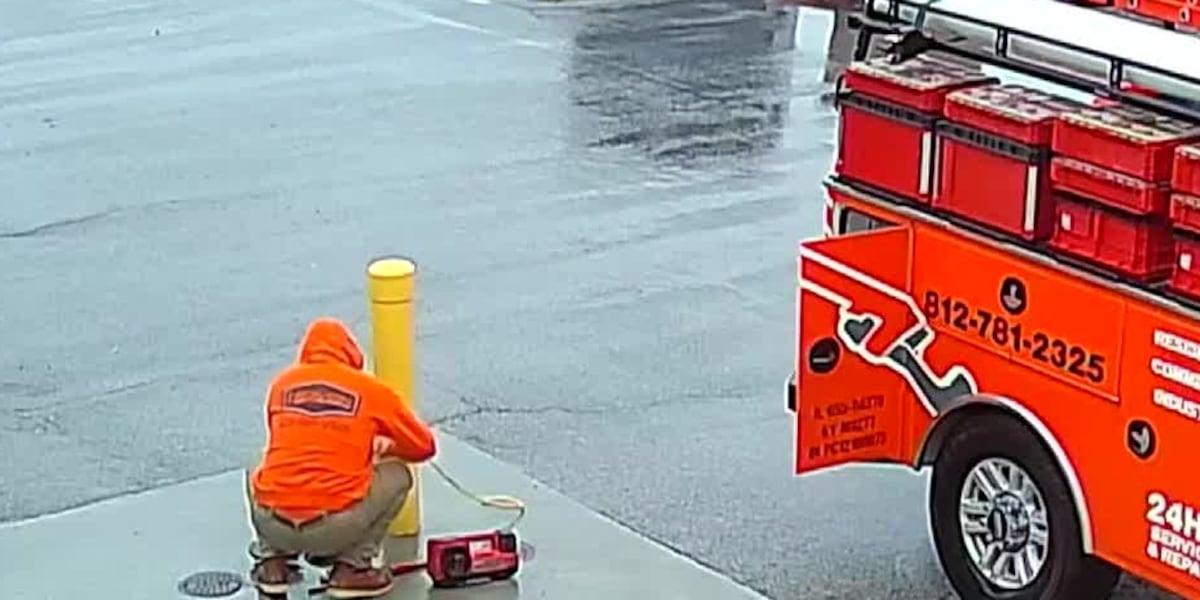Plumber returns to re-clog pipe after restaurant refuses to pay bill

Owners of the Thai Bistro & Bar in Evansville, Indiana, encountered a troubling situation with a plumbing company after experiencing repeated clogs in their kitchen's grease trap. After an initial service call to Heavrin Plumbing Company, the restaurant found the clog persisted, leading to a second emergency visit just days later. However, they were shocked to receive a bill for the second visit that nearly doubled the cost of the first, prompted by overtime charges.
According to Operations Manager Jesse Sanders, the first bill totaled $235, while the second emerged at $390 for the same work. Sanders expressed disbelief and refused to pay the higher charge, emphasizing that the issue was more about the plumber's accountability than the money itself. This dispute escalated when, after refusing payment, the plumber returned the next morning and allegedly re-clogged the pipes, placing a balloon in the grease trap as a form of intimidation until he was compensated.
The situation intensified when Sanders received a text from the plumber about the balloon, highlighting the urgent need for resolution to prevent major disruptions in their restaurant operations. Concerned about the potential overflow of dirty water from the grease trap, Sanders called the police for assistance as a mediator. With officers present, the bill was settled, but marked "paid under protest," prompting a discussion about the fairness of the charges.
Joel Heavrin, the owner of Heavrin Plumbing, claimed that the restaurant had a history of delayed payments. Nevertheless, he expressed reluctance to pursue the matter in court, opting instead for an immediate resolution despite the unprofessional tactics employed. The police emphasized that such disputes typically fall under the jurisdiction of small claims court.
Despite the resolution, Sanders found the experience to be absurd and troubling for small business owners. He voiced concerns about the impact this type of behavior could have on future customers and called the situation "ridiculous," underscoring the need for accountability in business practices.